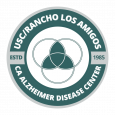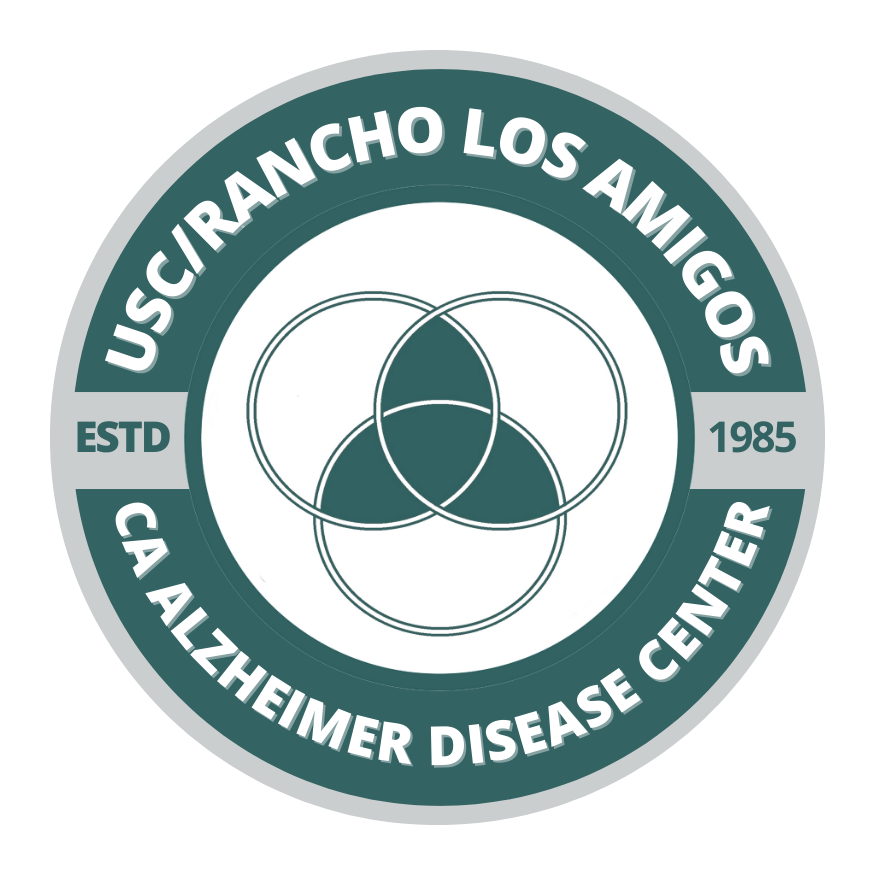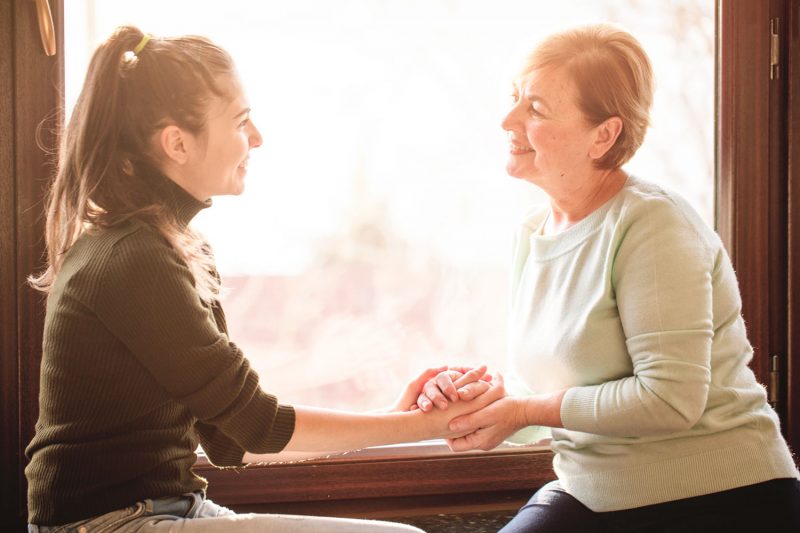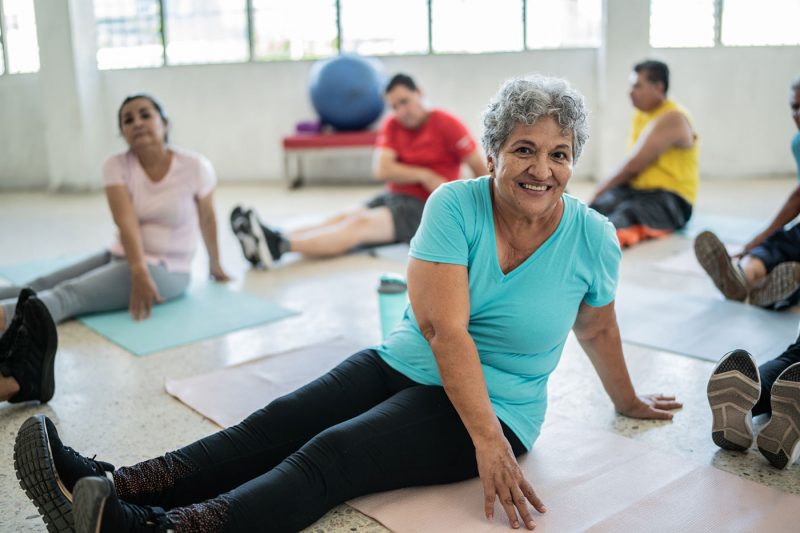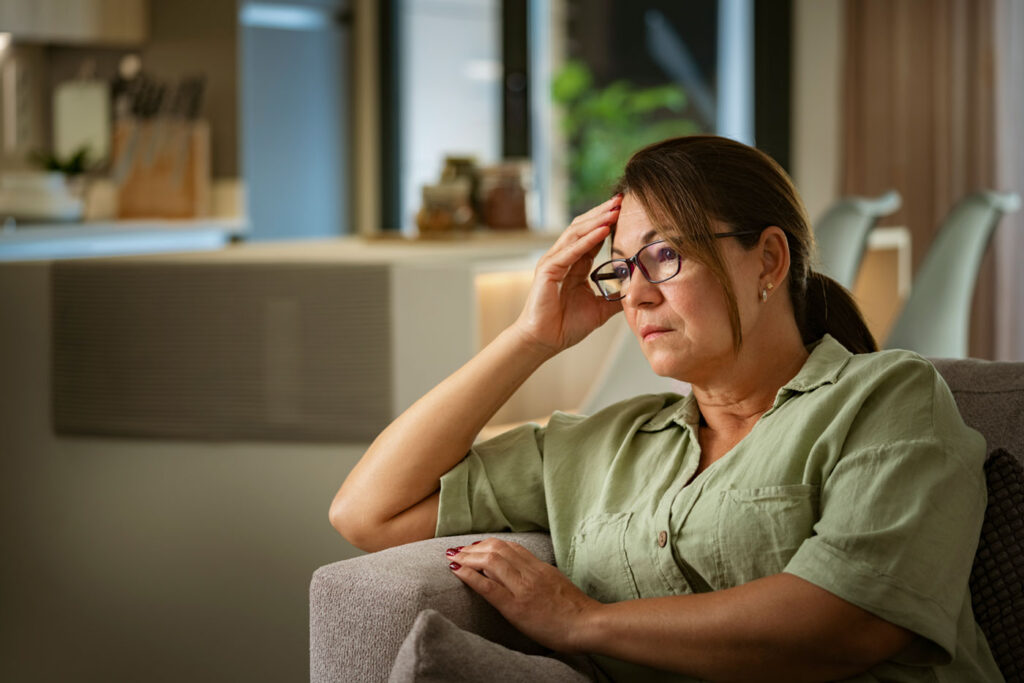
At our Center of Excellence for Early Onset Alzheimer’s disease and Other Early Dementias (EOAD) , we are dedicated to supporting caregivers of patients with early onset dementia, including those with inherited Alzheimer’s disease variants and other early dementias. We offer a comprehensive range of services designed to alleviate the challenges faced by caregivers. Our specialized programs include personalized care plans, educational resources, and support groups by providing these essential services; we aim to enhance the quality of life for both patients and caregivers, fostering a supportive and informed community.
For additional information, please contact Joseph Herrera 562-385-8145 or josephrh@usc.edu
Understanding Early Onset Alzheimer's disease and Other Early Dementias
Early Onset Alzheimer’s Disease and other early dementias, such as frontotemporal dementia and vascular dementia, affect individuals under the age of 65, sometimes as early as in their 30s or 40s. These conditions can be particularly challenging, impacting work, family, and daily life. USC/Rancho Los Amigos Geriatric Neurobehavior and Alzheimer’s Center is a center of excellence dedicated to supporting patients and caregivers by providing comprehensive medical and clinical services, as well as community resources designed to lessen the impact of these diagnoses and reduce caregiver burden and stress. We offer access to specialized care, educational materials, support groups, and practical tools to help navigate this journey. Together, we can improve quality of life and foster a supportive community.
Caregivers can find a variety of support resources here, including:
These resources are designed to provide emotional support, practical advice, and a sense of community to help caregivers navigate their journey.
Taking care of yourself is crucial when you’re a caregiver. Here are some self-care tips to help you maintain your well-being:
Remember, taking care of yourself isn’t selfish—it’s essential for being able to care for others effectively. How do you currently manage your self-care?
Self-care is crucial when caring for someone with early onset dementia for several reasons:
Remember, taking time for yourself isn’t selfish—it’s a vital part of being an effective caregiver. How do you currently incorporate self-care into your routine?
Caregiver burnout can manifest in various ways, often resembling symptoms of stress and depression. Here are some common signs to watch for:
Recognizing these signs early can help you take steps to address burnout and seek the support you need. How are you feeling about your caregiving role lately?
